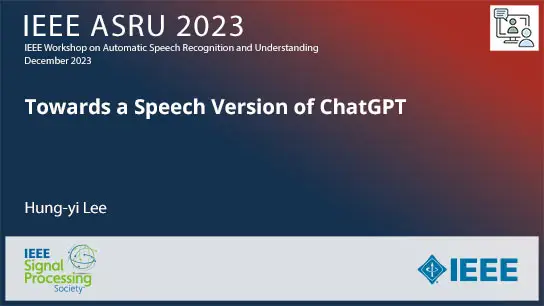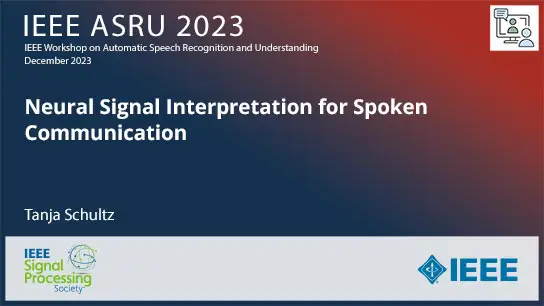FUSING ASR OUTPUTS IN JOINT TRAINING FOR SPEECH EMOTION RECOGNITION
Yuanchao Li, Peter Bell, Catherine Lai
-
Members: FreeSPS
IEEE Members: $11.00
Non-members: $15.00Length: 00:12:47
10 May 2022
Alongside acoustic information, linguistic features based on speech transcripts have been proven useful in Speech Emotion Recognition (SER). However, due to the scarcity of emotion labelled data and the difficulty of recognizing emotional speech, it is hard to obtain reliable linguistic features and models in this research area. In this paper, we propose to fuse Automatic Speech Recognition (ASR) outputs into the pipeline for joint training SER. The relationship between ASR and SER is understudied, and it is unclear what and how ASR features benefit SER. By examining various ASR outputs and fusion methods, our experiments show that in joint ASR-SER training, incorporating both ASR hidden and text output using a hierarchical co-attention fusion approach improves the SER performance the most. On the IEMOCAP corpus, our approach achieves 63.4% weighted accuracy, which is close to the baseline results achieved by combining ground-truth transcripts. In addition, we also present novel word error rate analysis on IEMOCAP and layer-difference analysis of the Wav2vec 2.0 model to better understand the relationship between ASR and SER.



